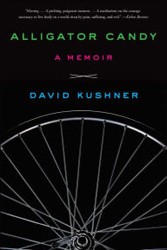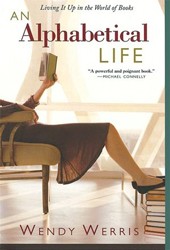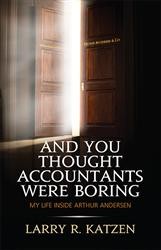Literary analyst and critic Marco Roth has crafted an insightful memoir detailing his years from childhood through early adulthood growing up in an intellectual, non-practicing Jewish family in Manhattan’s Upper West Side in the 1990s. Roth, Sr. contracted AIDS when the author was in grade school, and Roth, Jr.’s childhood is dominated by his father’s degeneration and the resultant lack of attention that his mother is able to give him. Emotionally, Roth is unable to cope with the disease and the influence it has on his family. His father fails to offer Roth sympathy or understanding, acting more as a strict teacher than a loving confidant, placing additional pressure upon Roth. Further, as an only child, Roth feels remarkably alone, an experience that is exacerbated when his parents forbid him from discussing the situation with anyone in fear of being judged. Religion offers him little comfort. For him, Judaism was not a source of solace and faith but part of a culture which has put unwelcome burdens upon him.
The most interesting part of the book is Roth’s meditations on the role of truth in love, prompted by his father’s concealment of the disease and its origins from his family. Roth is eloquent on the danger of allowing others to define one’s own identity and the futility of excessive self-doubt and introspection. Readers with similar family secrets will appreciate Roth’s insights into preventing this issue from dominating and ultimately defining their existence. While some may be less appreciative of the stream-of-consciousness descriptions of his adolescent mindset, for students of American Jewish culture, Roth’s story is an interesting one that successfully portrays the unique culture of Manhattan’s Jewish intelligentsia and the inner turmoil and angst that may lie just beneath the surface.





